Who controls the Mekong River?
In this article we present both sides of the debate By MAXMILIAN WECHSLER
Like the two banks on the opposite sides of every river, so there are two very different views on whether the People’s Republic of China has the right to build a series of dams on the Mekong River.
Unsurprisingly, the Chinese government feels it has been perfectly justified in developing numerous hydropower projects in recent decades on the Lancang Jiang River, which originates in China high in the Tibetan plateau, and then changes its name to the Mekong once it leaves that giant communist nation.
Some observers in the Southeast Asian nations downstream of that boundary line – Thailand, Cambodia, Vietnam, Lao PDR, and Myanmar – claim that China’s development projects have hobbled the once mighty Mekong and caused widespread devastation within their borders, affecting in particular the millions of people who depend on the river for fishing and agriculture.
The rest of the world almost unanimously takes the side of the downstream nations, but international pressure has had only limited success in pushing China to take steps to mitigate the consequences of its Mekong policy.
To give both sides a fair hearing, we present here excerpts from articles published in Thai and international press that are critical of that policy, as well as statements from the Chinese embassy in Bangkok and articles in the state-controlled Chinese press supporting the policy.
Readers can judge for themselves which side they want to be on. But first, some basic facts on the Mekong River:

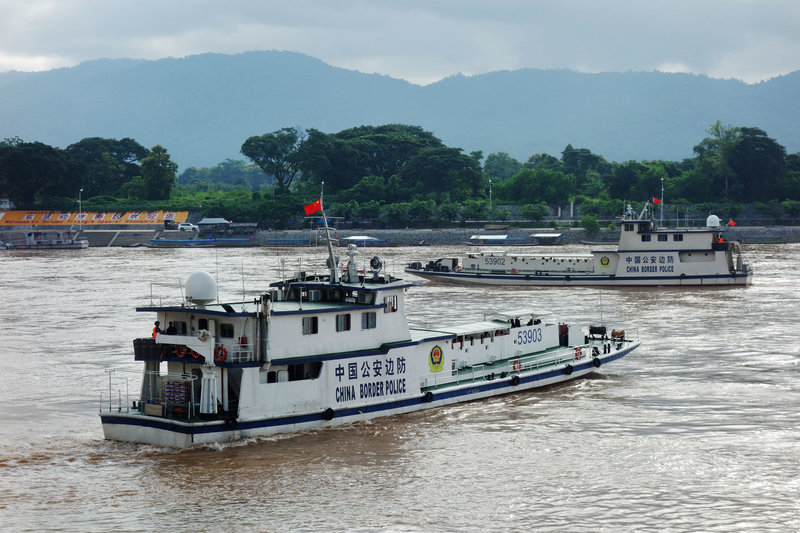
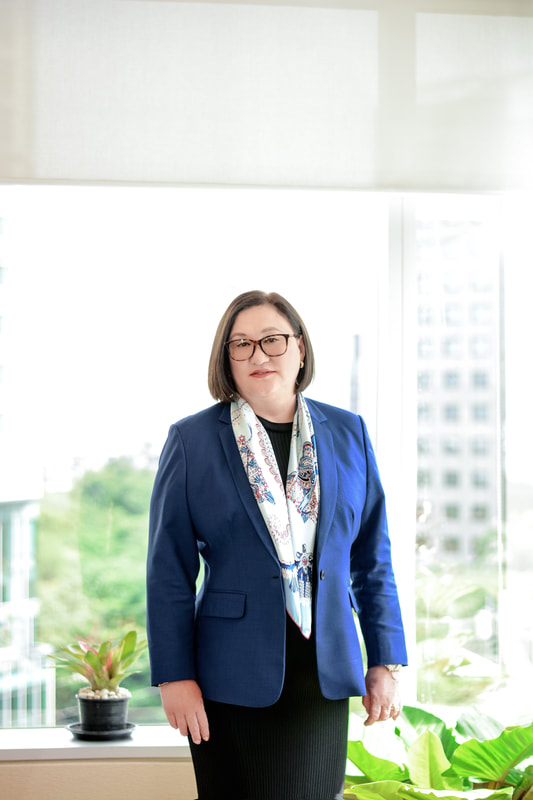
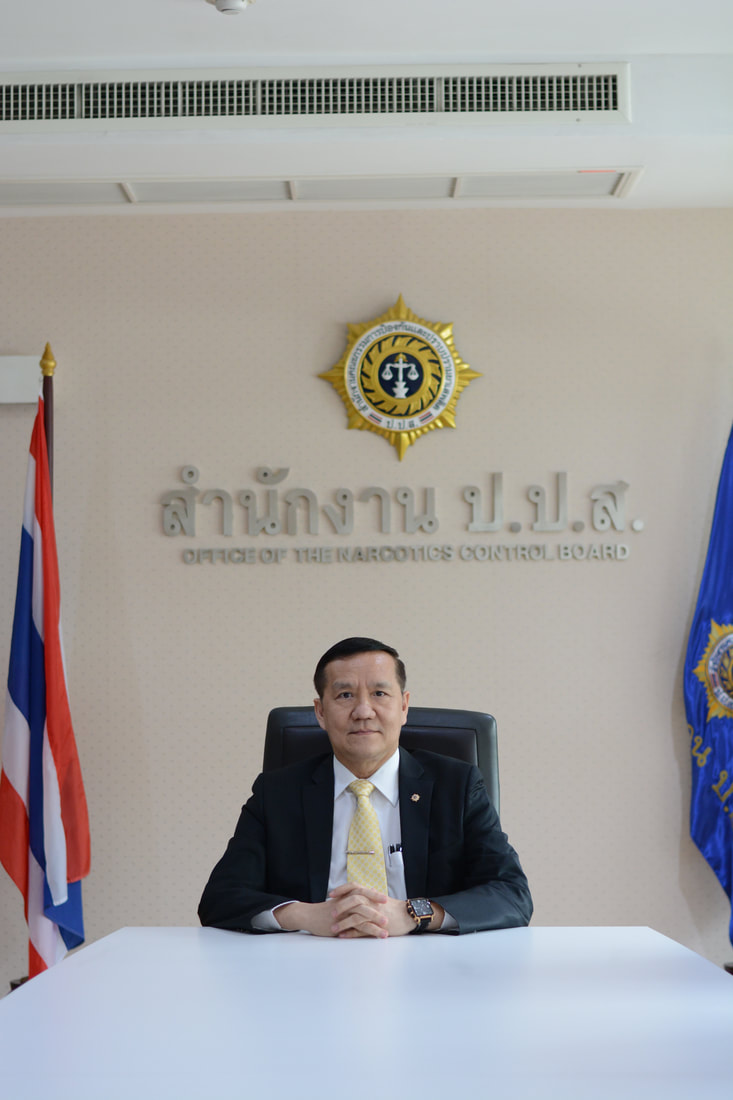
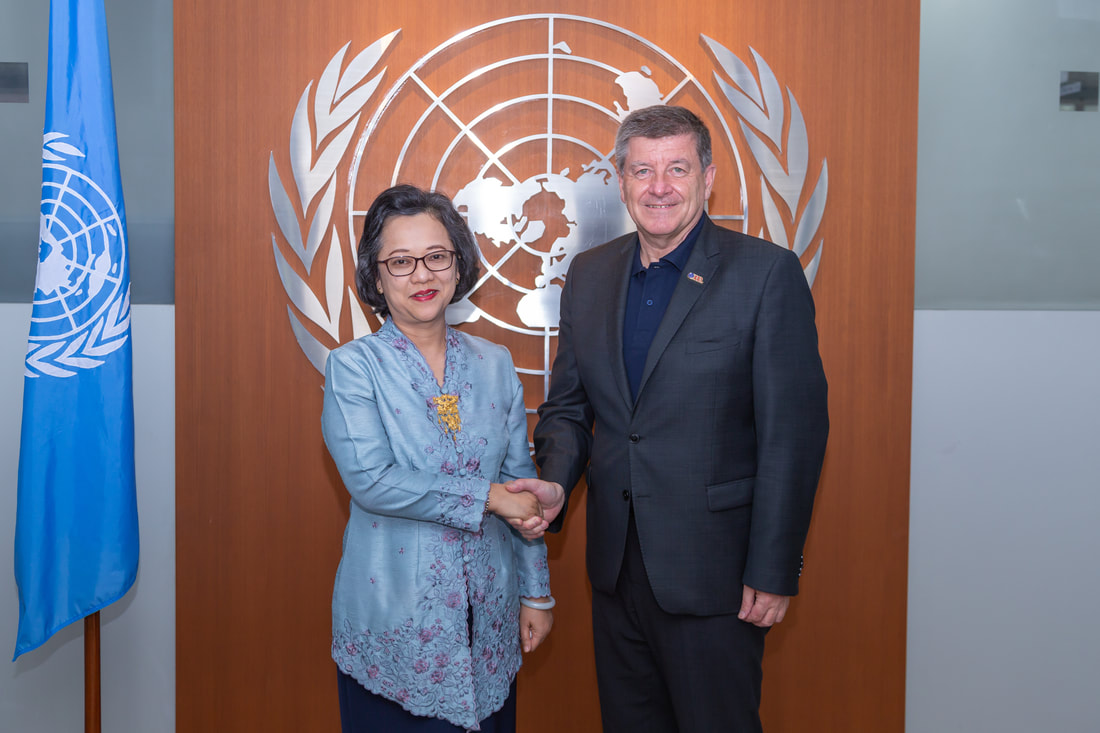
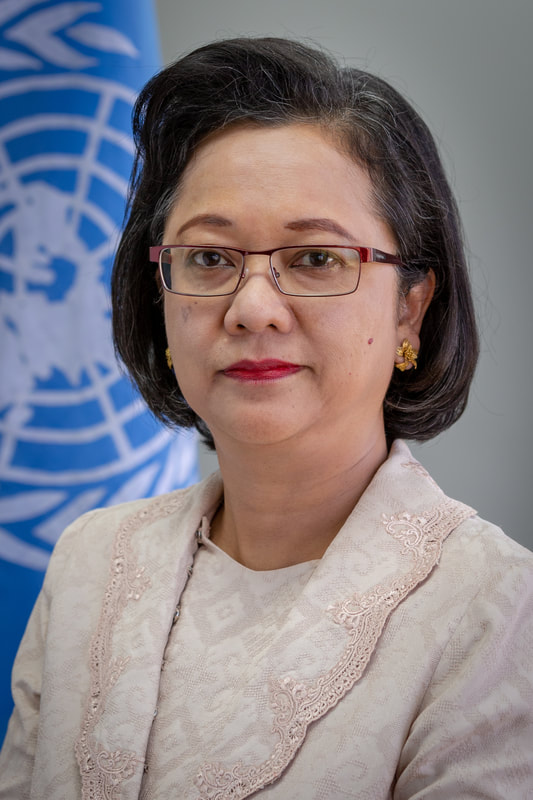
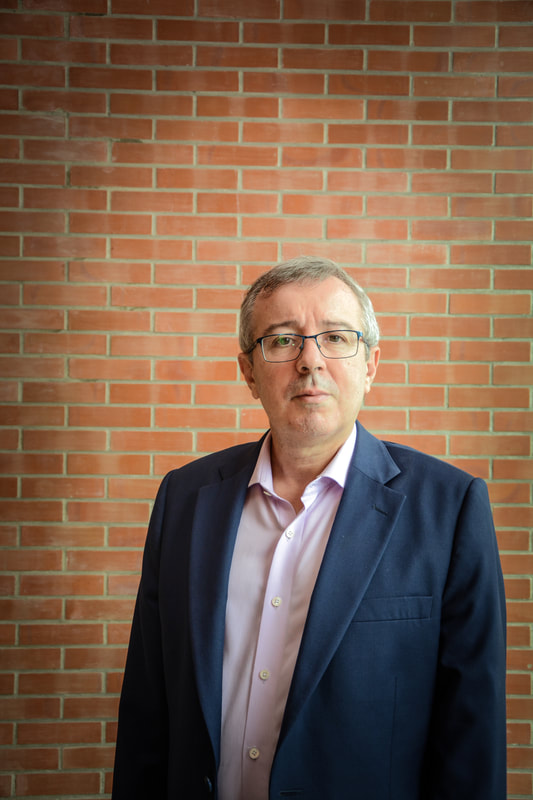

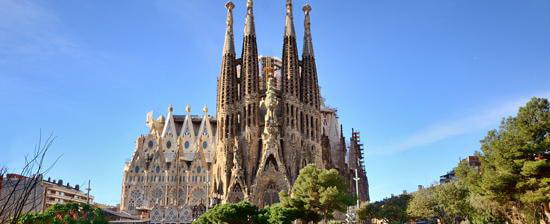
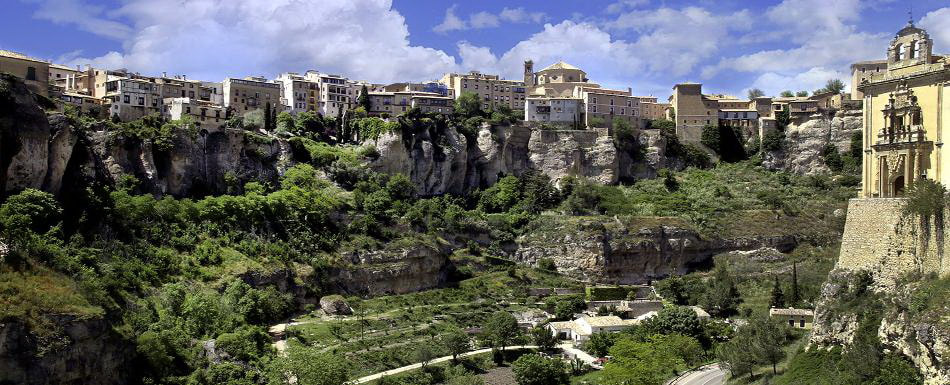
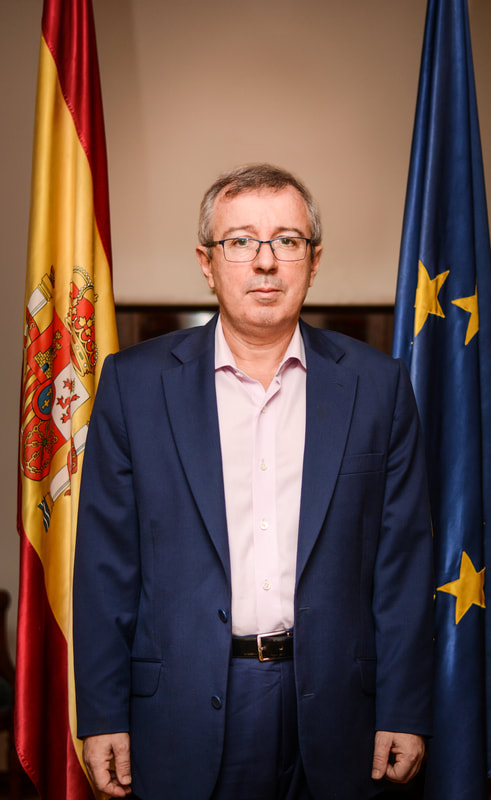
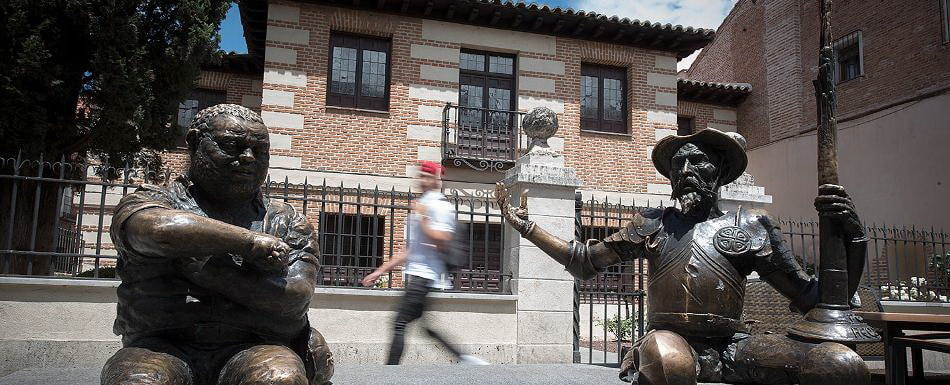
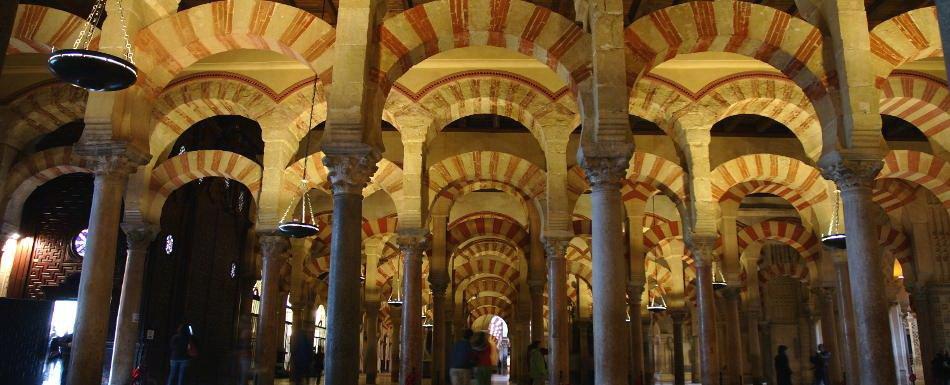
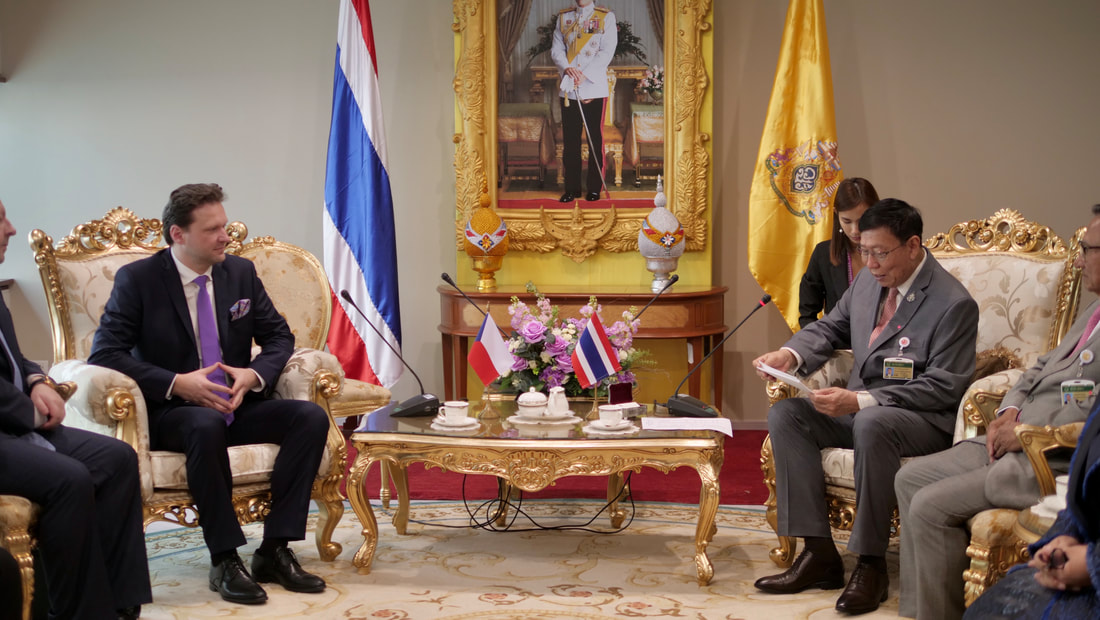
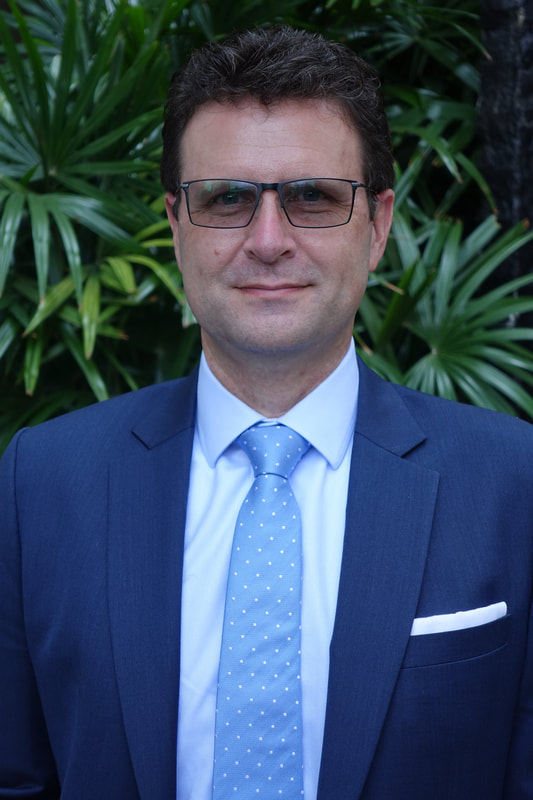
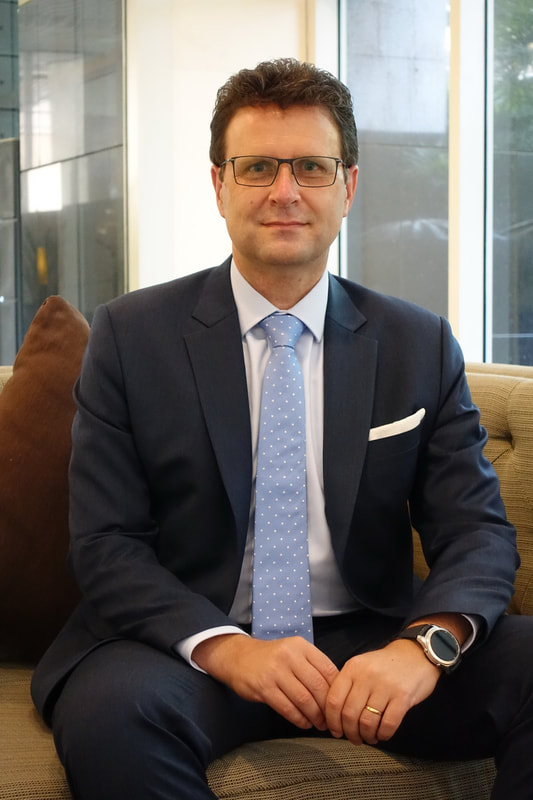
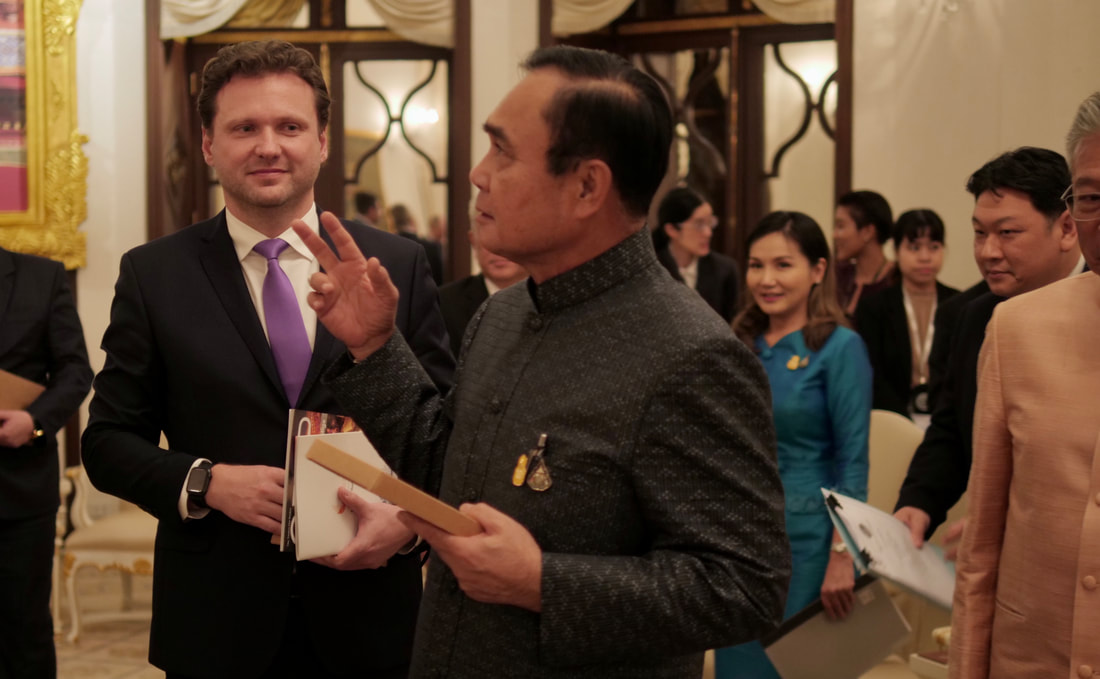

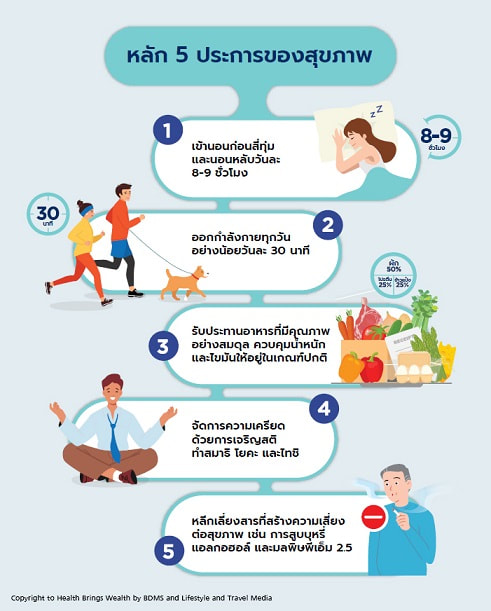
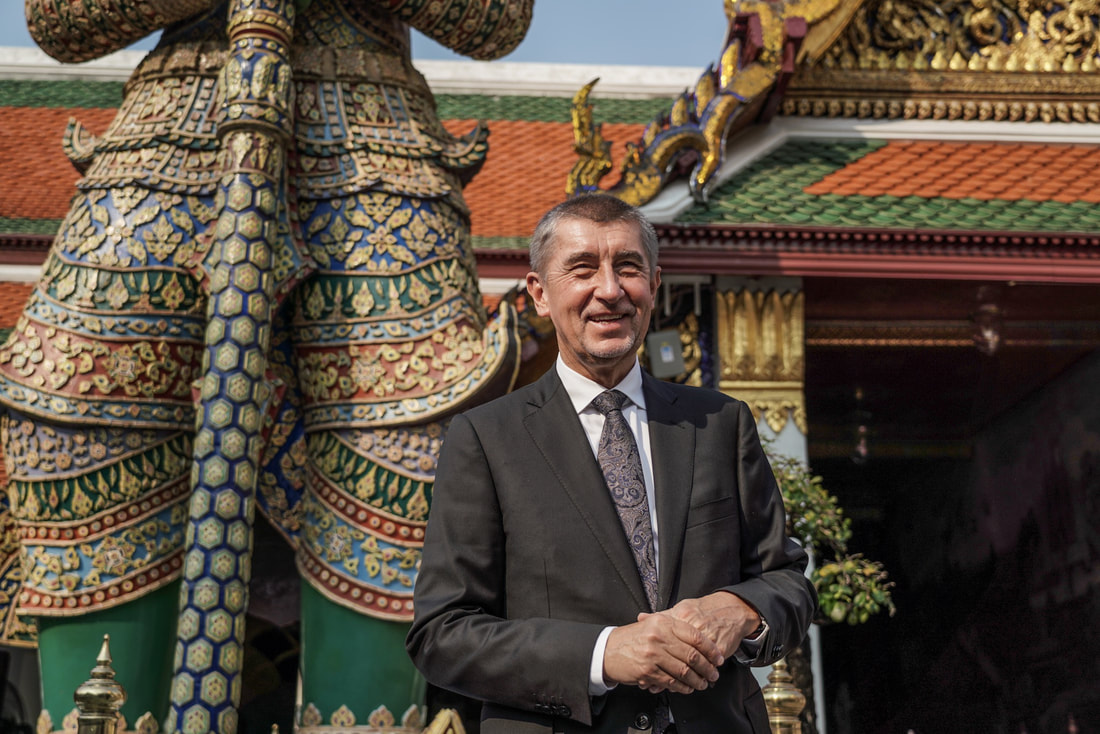
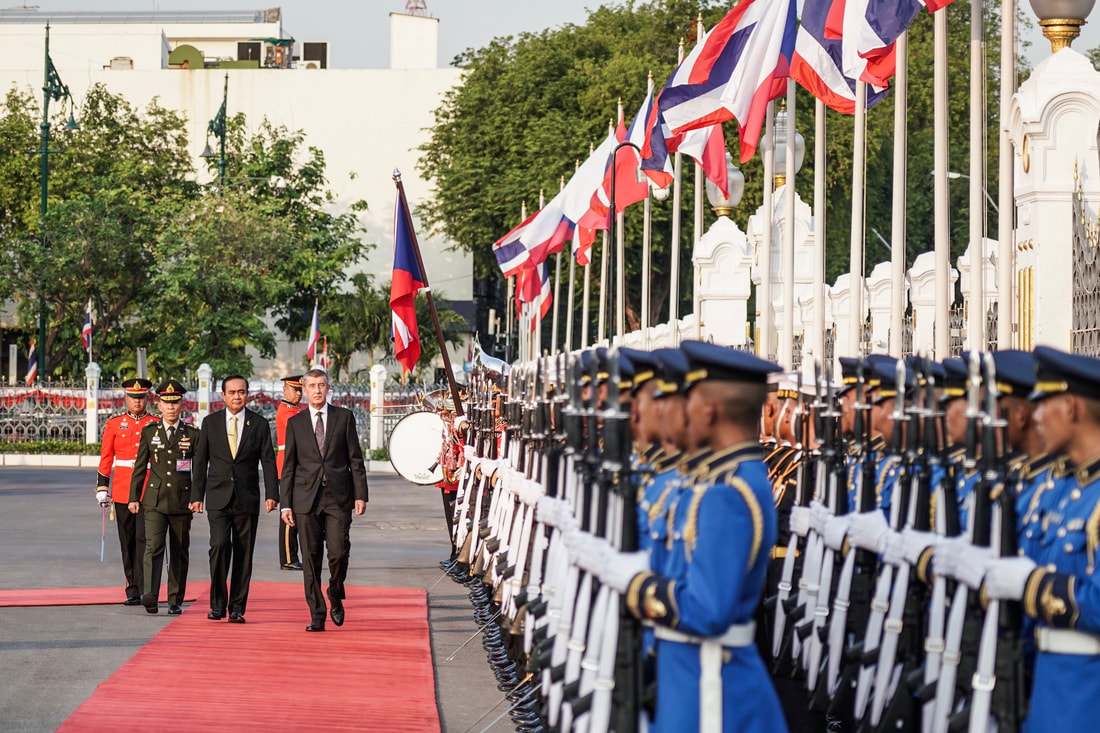
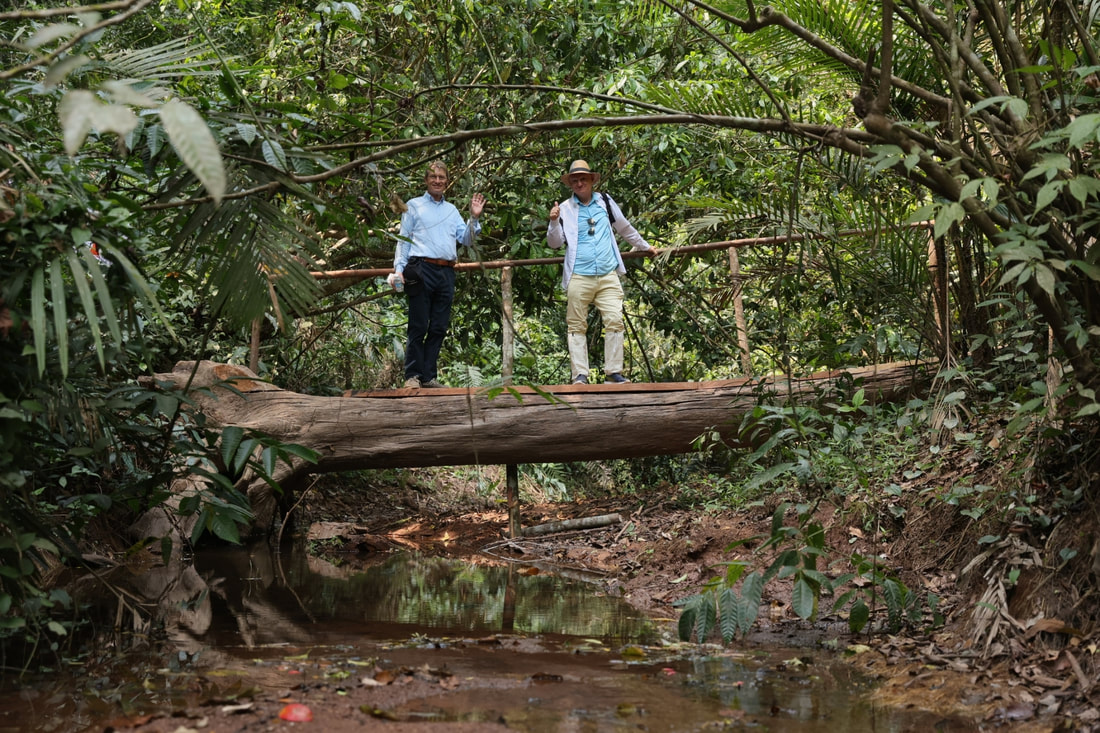
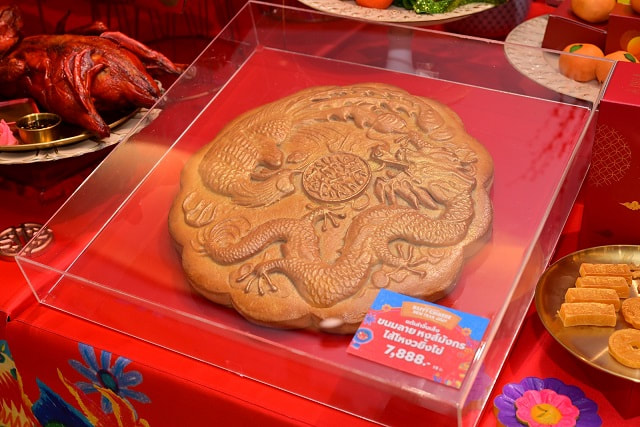
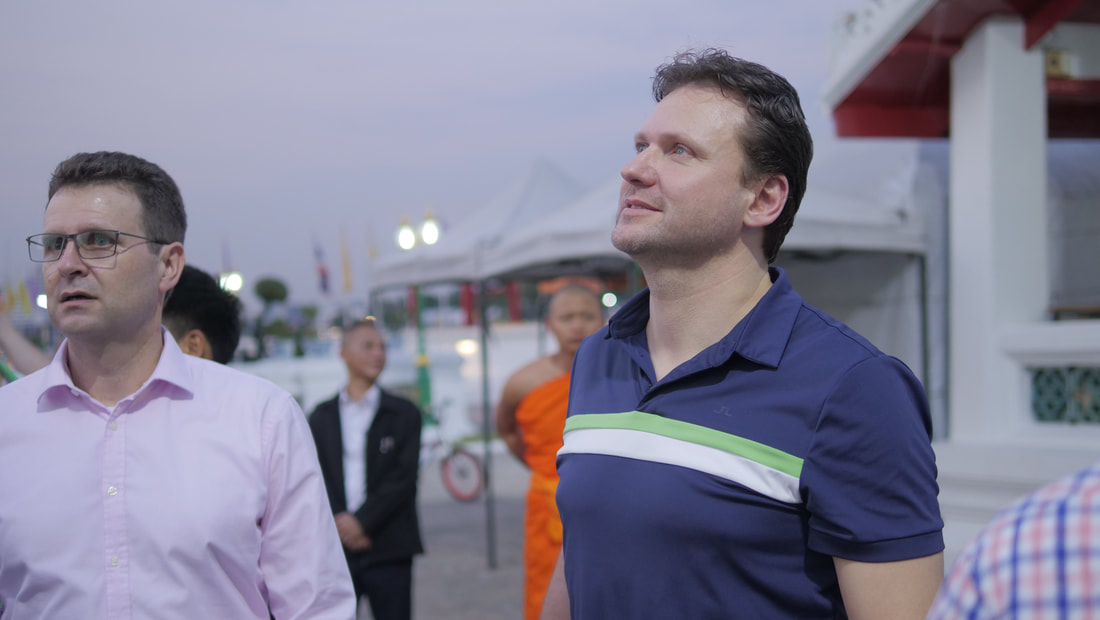

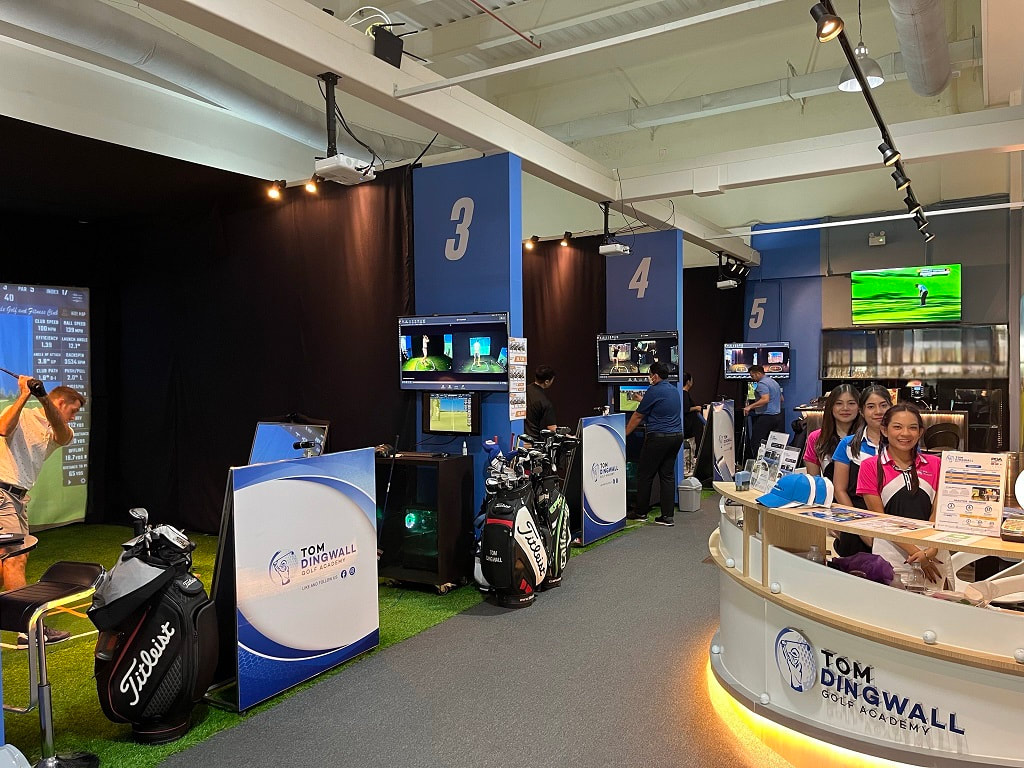
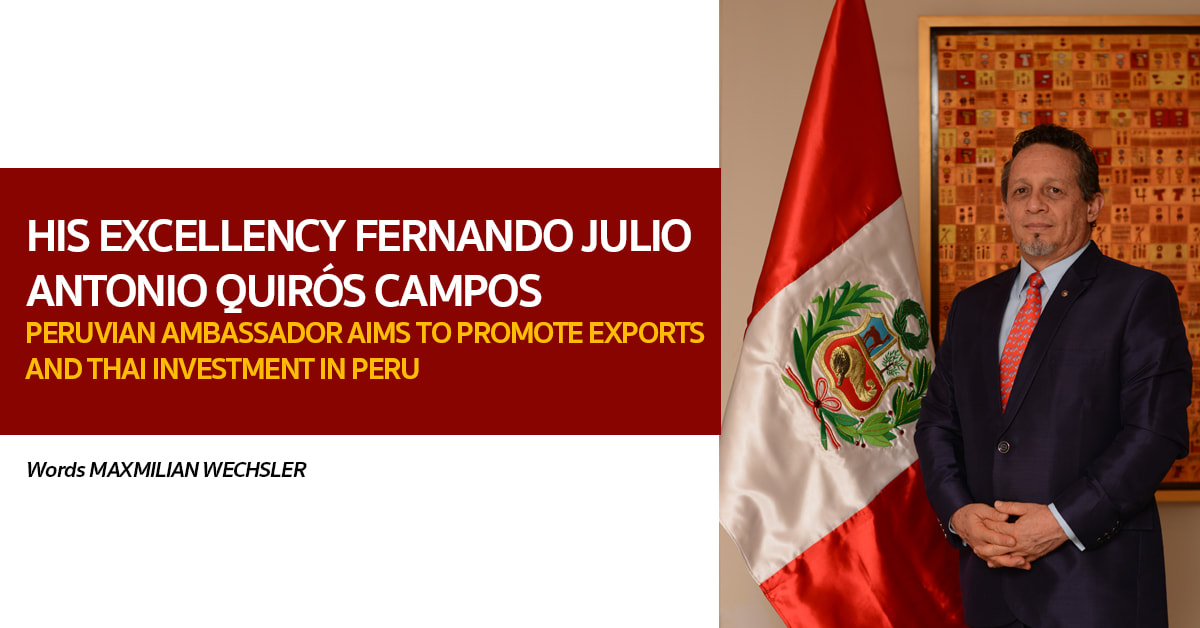
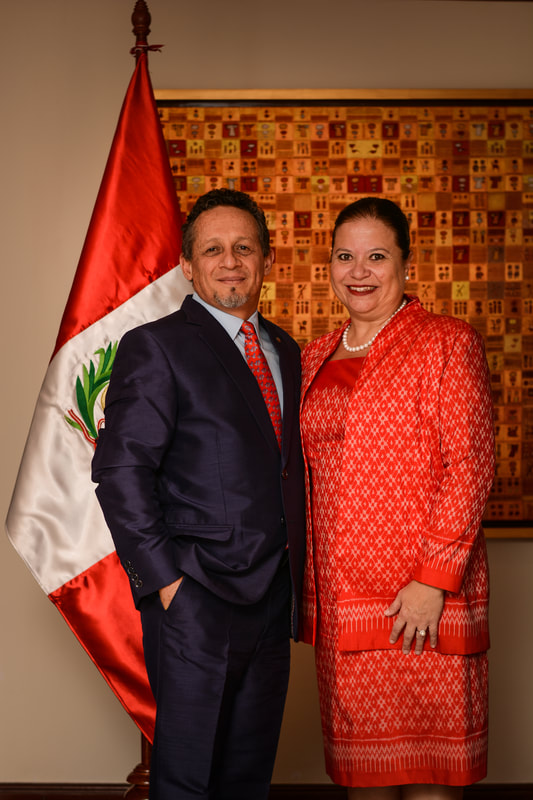
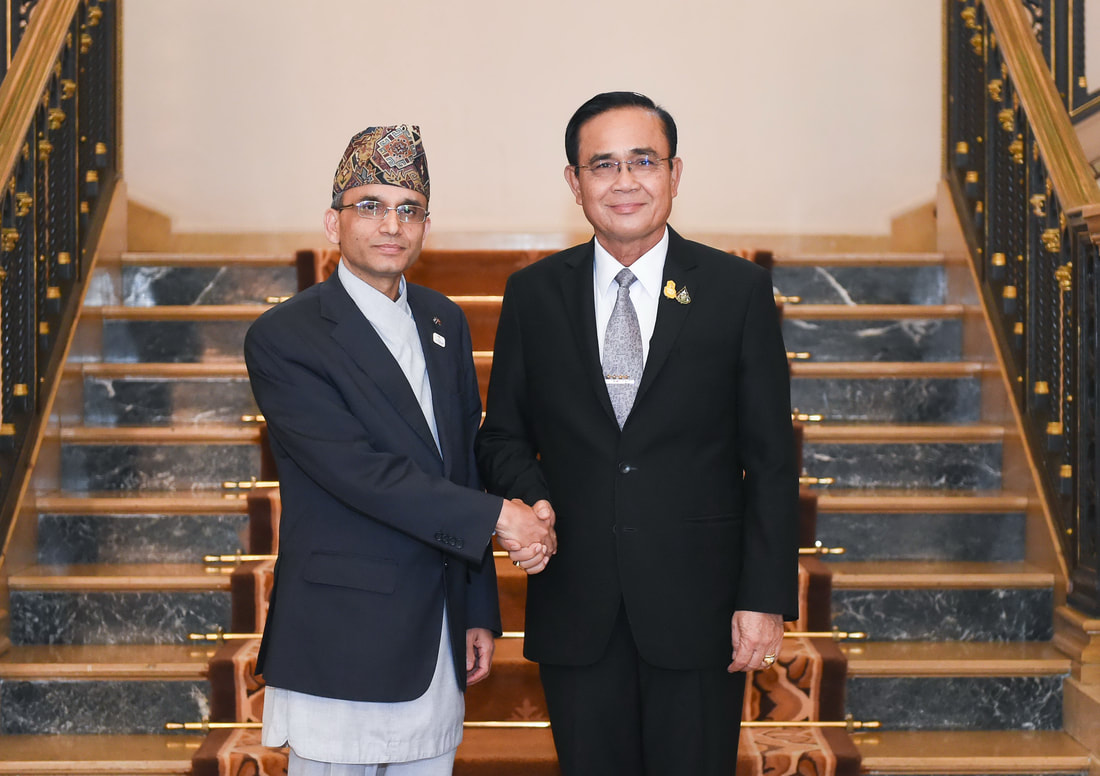
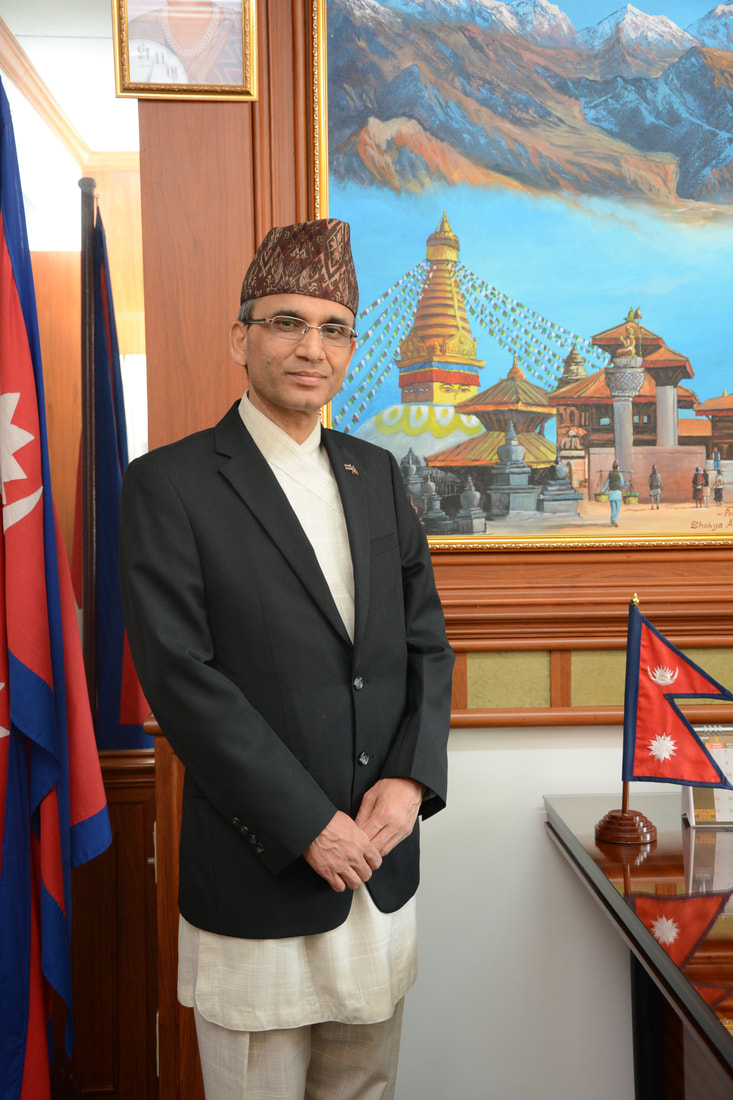
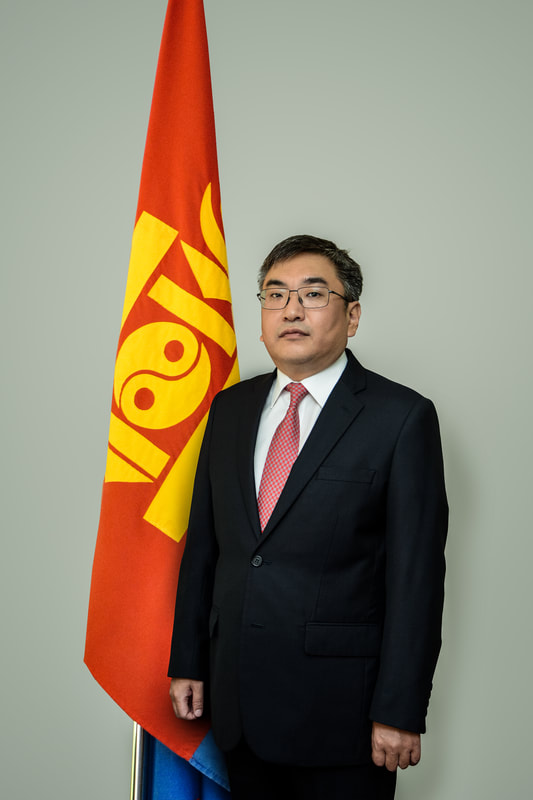
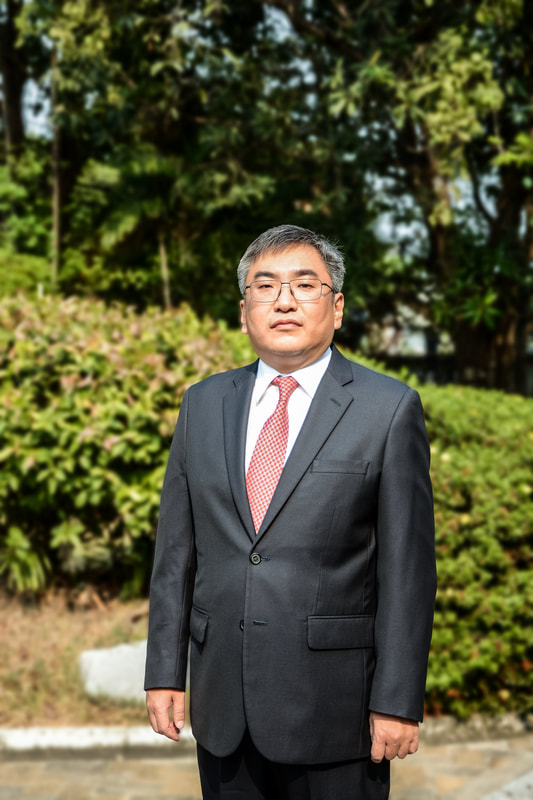
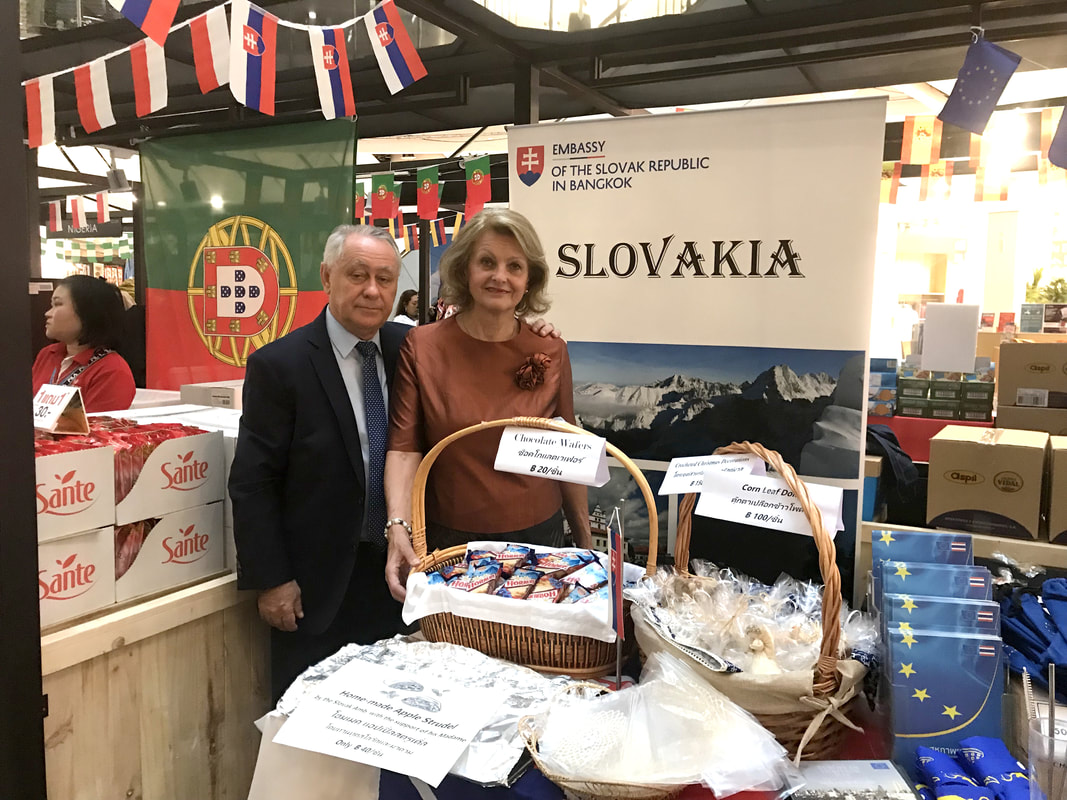
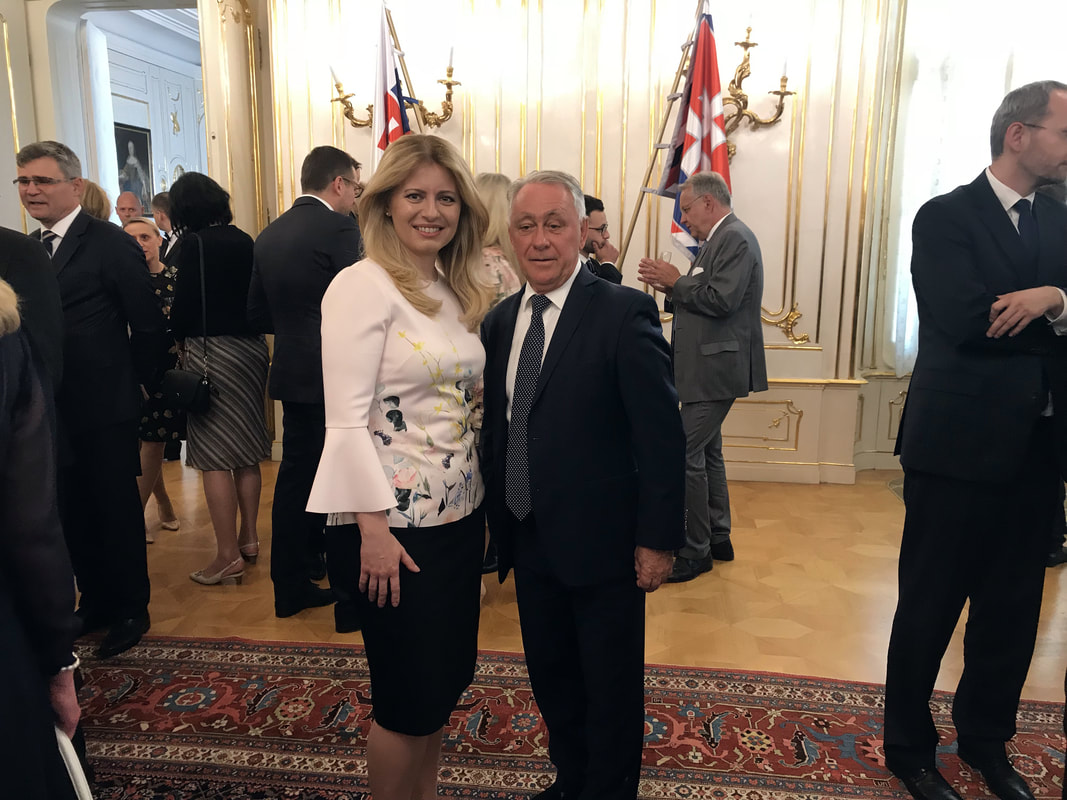
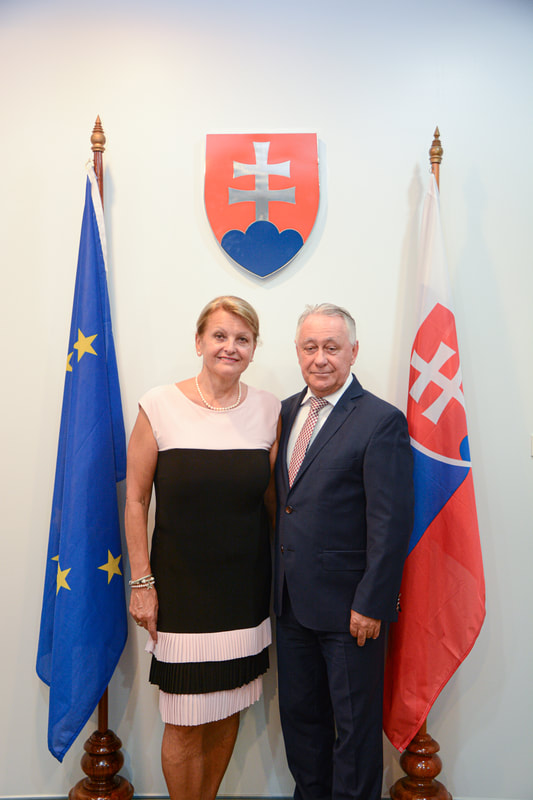
 RSS Feed
RSS Feed
















